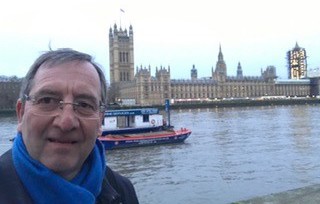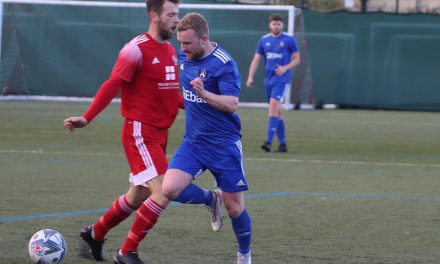It was so sad to hear that Captain Sir Tom Moore passed away this week. He is someone who showed how doing something relatively small and simple can explode and make such a real difference to his and so many peoples lives. He had started wanting to raise £1000, which his family thought a stretch, but ended up raising over £32 million and inspiring many others with his positivity, it must have been an incredibly fulfilling last year. RIP Sir Tom.
I also had a good personal friend succumb to Covid this week. However stark the numbers are nationally it always strikes harder when it is someone you know, as a close friend or relative, and particularly when they are younger than you. So I reiterate once more my thanks to all of the key workers helping us through this and repeat my contempt for those denying Covid or not treating others with respect.
Again, another interesting week. I had a couple of opportunities to speak in Parliament this week and thought it would be worth explaining the process we go through for this to happen.
There are essentially only two ways to speak in Parliament whilst we are working remotely. These are to ask a question to a minister or to contribute to a debate.
For questions, everyone is aware of Prime Ministers questions, but there is a rolling sequence of other ministers with one at the despatch box each day. For each of these, if you want to ask a question you submit it into a ballot which is drawn a few days before the event. There are two types of question, one where you submit the specific question and one called a topical, where you do not need to decide your question until the day. If you are successful you will be told and, if you had submitted a specific question, then you can also prepare a supplementary question. The Speaker will usually put around 35 specific and 20 topicals on the call list. Normally only around 25 and 15 respectively are actually asked, but if questions and answers are short then more get asked. Typically these are significantly oversubscribed and you are lucky to get a question every couple of weeks or so.
For contributing to a debate, the process is much the same, in that you put your name into a ballot. The difference is that you do not need to give any details of what you are going to say. In times when the house is sitting normally you would be subject to interventions whilst speaking, as it is, part of a debate and your points are subject to robust challenges. In the virtual chamber this is not possible, so we are in effect providing a short speech and the only retort comes when the minister sums up at the end. A further challenge here though is that the deadline for submitting to speak is normally the day before the debate, and again you are subject to a ballot. Whilst your chances of speaking are higher than for a question, because you don’t know until the night before whether you have been selected, you have the choice of preparing a speech that may not be used or creating one at pace, once you know. The other dimension to consider is how long a speech. Again you do not know until very late how long you will be allowed, as the Speaker is at liberty to put a time limit on back bench contributions. This can mean that if you have prepared a six minute speech and a three minute limit is applied then some serious editing needs to be done if your key points are all to be made.
So, this week I was drawn in two debates, I contributed to the opposition day debate re protecting tenants and leaseholders from unsafe cladding where I talked about the importance of building products standards being enforced, this was heavily oversubscribed meaning our contributions were restricted to three minutes. Later in the week I spoke in the air traffic management and unmanned aircraft bill – this was not as popular and as a result I could drone on a bit, speaking for around six minutes, and particularly referring to consideration of regional airports like Teesside.
Back to our local priorities and we continue to see good progress on vaccine roll outs and a number of the key metrics seem to be trending the right way. This hopefully means that we should start to see plans being made to consider how we relax some restrictions.
Clearly we can expect this to be a slow and controlled process but whilst we wait for this it remains important that we all continue to follow the rules so please:
Stay Home, Protect the NHS and Save Lives
Stay safe.
Paul Howell
Member of Parliament for Sedgefield










